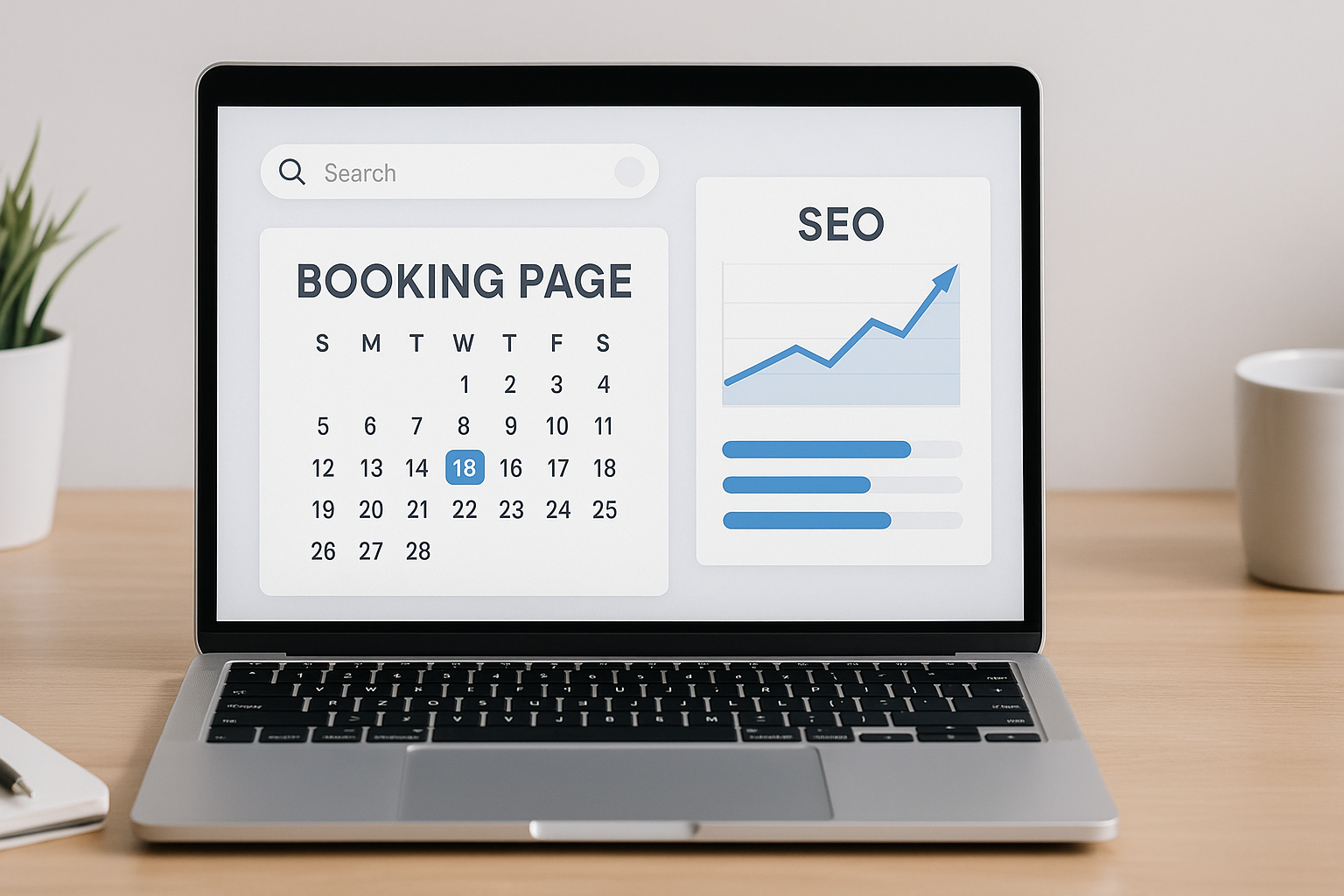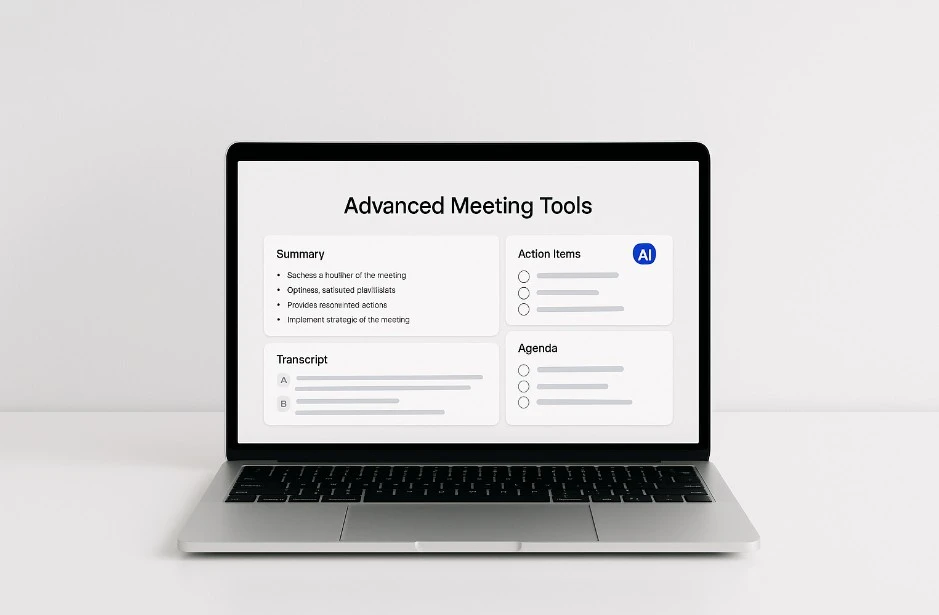The real estate sector is presently experiencing a major shift because of fast-paced digital transformation in our current world. People no longer depend only on real estate agents and physical site visits to make their decisions. The modern consumer base wants to explore listings along with booking visits and making reservations through mobile devices. Real estate app development stands as an essential business investment for agencies and brokers and startups because of the current industry shift.
The development of real estate apps featuring booking functionality has advanced from being a luxurious feature to becoming an absolute requirement. Real estate applications such as Zillow, Redfin and Realtor.com have established industry standards through their combination of search functionality and scheduling tools for appointments. Custom real estate software development allows companies to create solutions which fulfill their business objectives while satisfying user requirements in their competitive market.
The following text outlines the process to construct an app for real estate booking operations while discussing necessary characteristics and development steps.
Why Real Estate Apps Are Thriving
The real estate market is expected to grow to $14.5 trillion in 2030 because digital platforms account for most of this expansion. According to the National Association of Realtors, mobile app property searches became a necessity for 60% of American homebuyers during 2024.
Zillow succeeded in leveraging this modern trend. The booking features of Zillow experienced usage from over 200 million monthly users during 2023. The collected data demonstrates that companies without property rental app development strategies fall behind in the market.
Key Benefits of Real Estate Booking Apps
Your real estate application needs booking functionality to achieve both convenience and strategic market advantage. Here’s why:
- Improved User Experience
The direct booking feature within the app simplifies both property exploration and home buying processes for users. - Higher Lead Conversion
Through the process of booking properties online users experience less resistance which leads to better chances of converting them into buyers or renters. - Data Collection & Insights
Use user data to monitor their actions and preferred booking times which helps you improve your services. - 24/7 Accessibility
The system enables potential clients to make booking requests anytime without requiring direct communication with agents.
Must-Have Real Estate Booking App Features
Your real estate application requires specific features to deliver both operational excellence and user contentment during the planning phase. A critical examination of the vital real estate booking app features follows:
- User Registration & Profile Management
The registration process should accept user input from email addresses as well as phone numbers and social media accounts. The platform must provide different dashboard interfaces for agents together with their respective buyer dashboard. - Property Listings
The platform should provide high-quality photos and detailed descriptions and maps along with virtual tours of properties. The listings should enable users to filter results based on location and price range and property size and current availability status. - Smart Search & Filters
The system must use location-based search along with intelligent filtering to improve user discovery. - Booking System
The system needs to allow users to make booking appointments and receive booking confirmations and schedule reminders. Agents need integration options with their calendars. - Push Notifications
Users receive alerts about listing updates along with appointment notifications and changes to their booking status. - Favorites & Save Search
Users can save properties to their favorites list or search results for future access. - Chat & Communication Tools
Users need to access direct messaging through the app for communication between buyers and agents while maintaining an option to use chatbots. - Payment Integration (Optional)
Rental platforms and short-term lease operations should include secure in-app payment functions together with deposit capabilities.
Tech Stack for Real Estate App Development
Your technology selections determine how well your application will function and how much it will cost and how it will grow. A standard real estate app development framework consists of the following components:
- Frontend (Mobile): React Native, Flutter, Swift (iOS), Kotlin (Android)
- Backend:js, Ruby on Rails, Django, or Laravel
- Database: PostgreSQL, MongoDB, MySQL
- APIs: Google Maps API, Stripe for payments, Twilio for messaging
- Cloud Hosting: AWS, Firebase, or Microsoft Azure
The selection of technologies depends on whether you want to build an MVP or scale your existing application or start from scratch with custom real estate software development.
Steps to Build a Real Estate App
Here’s the roadmap for building a real estate app from concept to deployment:
- Market Research
Study both the target audience as well as the existing competition. Establish what sets your app apart from others in the market. - Define App Requirements
Identify all features, use cases, and select the suitable platforms for your app which can be iOS, Android, web or cross-platform. - Design the UI/UX
Everything is about the user experience. Design an easy-to-use interface which enables simple navigation and booking procedures. - Develop the MVP
You should begin with the essential features that include registration and listings as well as booking. Your main priority should be to develop a product which functions properly and you should do it swiftly. - Test Thoroughly
Perform QA testing to detect bugs and evaluate usability and validate all booking logic across various devices. - Launch & Collect Feedback
Launch your application after which start gathering initial user feedback. Analytical data will help you make decisions to improve your application. - Iterate & Scale
You should integrate virtual tours and CRM functionality and AI-based property recommendation tools into your platform when your business grows.
Cost of Property Rental App Development
The expense to develop a real estate application depends on the complexity level of your project and the features you want to implement together with your development team’s location. Here’s a rough breakdown:
- Basic App: $25,000–$40,000 (simple listings, basic booking)
- Medium App: $50,000–$80,000 (chat, notifications, calendar sync)
- Advanced App: $100,000+ (AI, AR tours, multi-role dashboards)
Partnering with an agency that specializes in property rental app development and has experience in real estate will result in faster delivery and enhanced outcomes.
Example: Redfin’s Booking Experience
The booking experience on Redfin serves as a perfect illustration of how an in-app booking process should be executed. Users can view available time slots before choosing a booking and confirming a property viewing in mere seconds. The application shows how well-designed UX along with efficient backend technology can drive better lead generation and higher user satisfaction.
Challenges to Consider
Developing a successful real estate app isn’t without hurdles:
- Data Accuracy: The listings must be regularly updated to prevent users from getting frustrated.
- Scalability: The backend infrastructure needs to handle both data growth and increasing user numbers.
- Security & Compliance: Proper encryption methods and GDPR compliance must be followed to handle sensitive data and payments.
- Third-Party Integrations: The process of integrating tools like a real estate CRM with payment gateways and external calendars becomes more complicated.
Custom real estate software development experts will assist you in handling the mentioned development challenges.
Future Trends in Real Estate Apps
These emerging trends will help you maintain a competitive position:
- AI-Powered Recommendations – Personalized property suggestions based on user behavior
- AR/VR Tours – Virtual property walkthroughs without needing to visit physically
- Blockchain – Secure, transparent transactions and smart contracts
- Voice Search – Simplified property discovery via smart assistants
The adoption of these innovative solutions at present will safeguard your platform for the future and create an exclusive market differentiator.
Final Thoughts
The development of real estate apps represents an excellent business opportunity for both established agencies and new startups looking to transform the market. The decisions you make about real estate booking app features as well as backend architecture and user-focused design all significantly influence your app’s achievement of success.
A custom real estate software development approach should be your priority because it supports brand alignment and scalability needs while providing users with a seamless experience. A correct combination of team members and strategic planning enables you to develop real estate applications which provide satisfaction to users and generate successful results.







